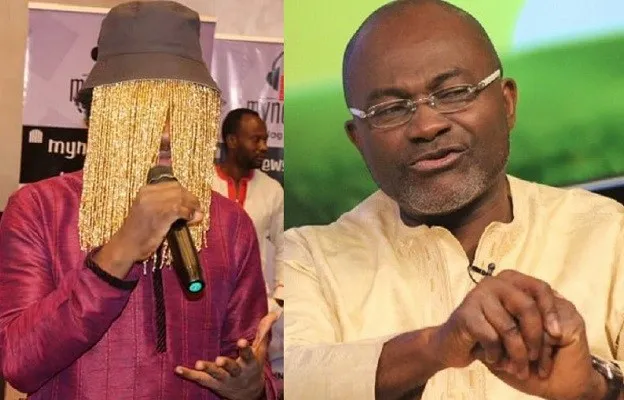The MFWA strongly condemns the recent sentencing of a Burkinabe private investigative journalist, Boureima Ouedraogo to a three-month jail term by a court in Ouagadougou.
In May this year, Burkina Faso’s media regulatory body, Conseil Supérieur de la Communication (CSC), also suspended live phone-in segments on radio and television for three months under the pretext of preserving national security.
The above freedom of expression violations are unacceptable, especially from Burkina Faso, a country that was recently reprimanded by an international court for a similar infraction. In that Issa Konaté V Burkina Faso case, the appellant, a Burkinabe journalist, had turned to the African Court on Human and Peoples’ Rights after losing his appeal in Ouagadougou against a 12- month prison sentence imposed by a High Court for defamation. In December, 2014, the African Court held that the conviction by the local courts violated Article 9 of the African Charter, Article 19 of the ICCPR and Article 66(2)(c) of the Revised ECOWAS Treaty. The court also ordered the respondents to amend, within two years, its defamation laws to conform to the above treaties ratified by the country.
It is therefore disturbing that, less than a year after this historic ruling, a Burkina Faso court has sentenced the Managing Editor of the Le Reporter newspaper to a three-month jail term for defaming a lawyer.
“This conviction is an act of brazen contempt of the afore-mentioned African Court. It defies international public opinion and violates international treaties and covenants that Burkina Faso has ratified”, said Sulemana Braimah, Executive Director of the Media Foundation for West Africa.
While the MFWA note with some relief that Mr. Ouedraogo has obtained a stay of execution pending the hearing of his appeal, the Foundation calls on the authorities in Burkina Faso to ensure that Mr. Ouedraogo does not serve a jail term.
The MFWA further urges the government of Burkina Faso to carry out the legal reforms ordered by the African Court in order to enhance the exercise of the right to free expression in that country.
The MFWA insists that imposing prison sentences for defamation violates the right to free expression. It is the Foundation’s considered opinion that matters of libel and defamation should be adjudicated under civil procedures.




